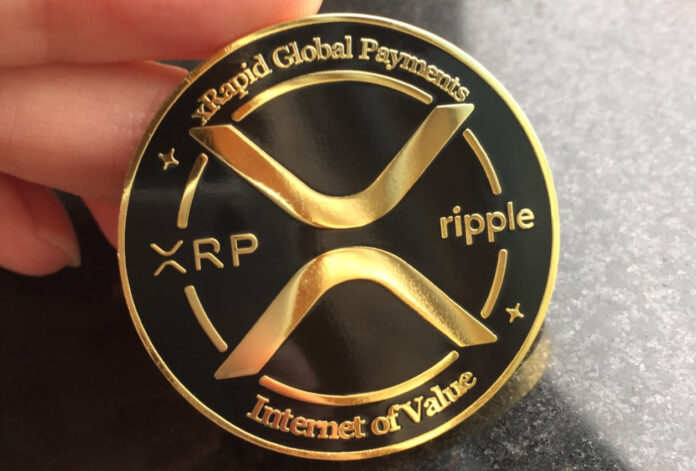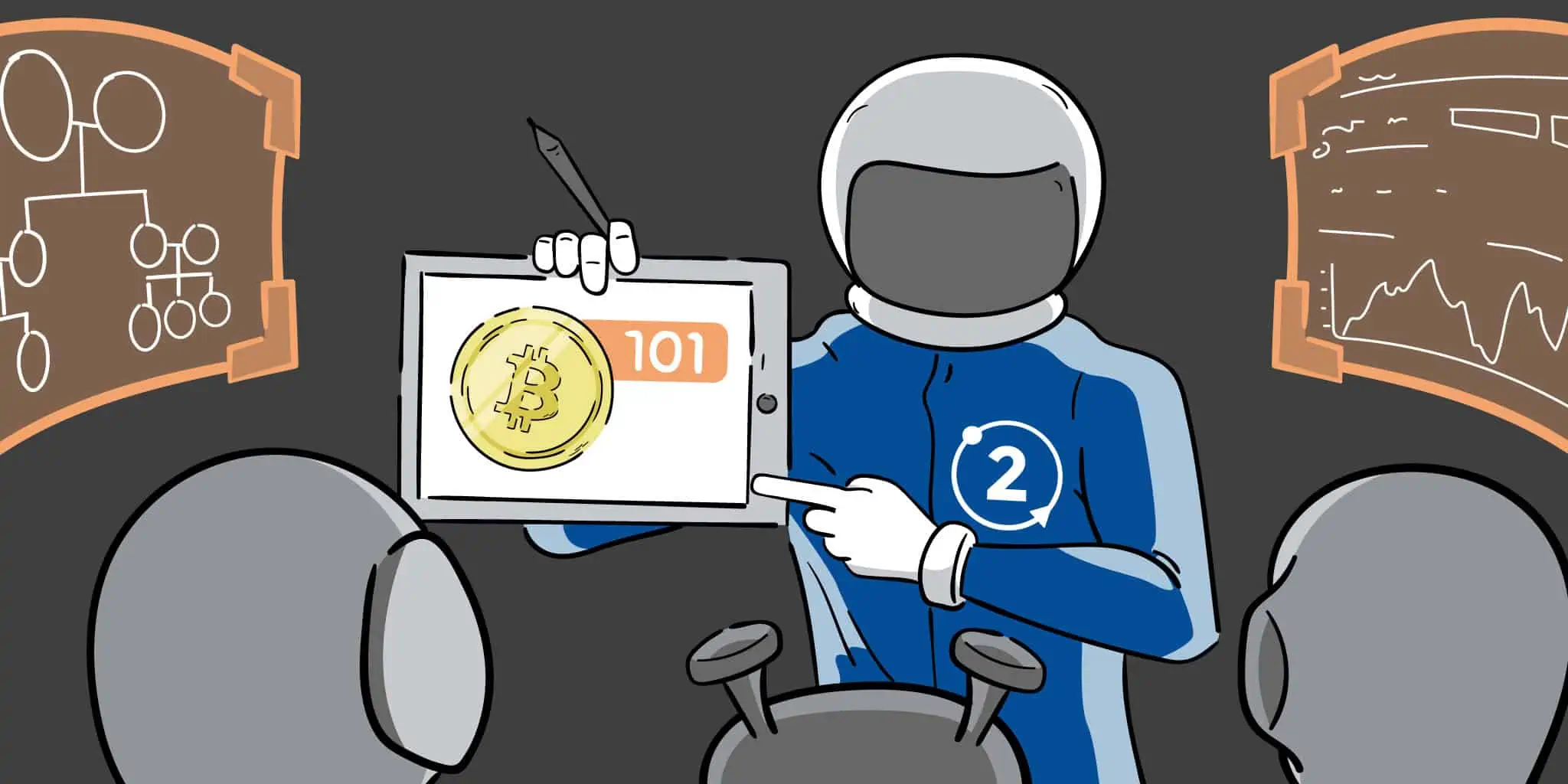
That the Cryptocurrencies compete with each other, it's a reality. And in recent years Bitcoin's biggest competitor hasn't been Ethereum or Cardano, but the cryptocurrency known as XRPThis digital currency was created in the banking world, with the intention of facilitating the exchange between different currencies. Interestingly, it was planned since 2004; but it was not until 2013 that it was initially issued and offered to the public. During its decade of existence, the XRP has conquered the market and above all institutional trust.
What is the latest debate between XRP and Bitcoin? The banking and state system is becoming more open to accepting XRP.. Therefore, it is said that “XRP is within the system, instead, Bitcoin is outBTC has always been looming over the shadow of trading in a parallel market, distinct from the stock market or bank quotes. Its price depends on market volatility and, in fact, has no value in and of itself, but rather depends on the public's purchasing intentions.
PREPARE YOUR WALLETWhat is XRP?
It is a cryptocurrency issued in 2013, by the then company Open Labs, which has now been renamed as Ripple. This company is headquartered in San Francisco, USA, and is part of Silicon Valley. The first attempts to create this cryptocurrency date back to 2004 (before Bitcoin), when Ryan Fugger was trying to design a decentralized payment system., where people could create their own money, having control.
It is important to mention that XRP is different from Bitcoin in that it uses a system based on the consensus of all users of the network., instead of mining. Plus, its transactions are faster: the network allows up to 1.500 transactions at once. For this reason, many professionals prefer XRP, because it allows for extremely immediate payments.
Since it is not mined, this cryptocurrency has a peculiarity: the coins with which a transaction has been made are removed. And XRP doesn't use a blockchain. Because it doesn't rely on a closed, computationally intensive encryption system, XRP also doesn't require the same powerful hardware as Bitcoin. All of this makes the XRP system considered more efficient, more embedded in the "system," as it isn't encapsulated within the strict blocks of the blockchain.

Bitcoin 101 Course
Medium levelIn Bit101Me Academy's Bitcoin 2 Course you can continue your crypto education and learn what Bitcoin is, where it comes from and how to obtain it.
A cryptocurrency born to be a “complement to banks”
This is an advantage that XRP has in the institutional world. From the outset, its mission has been to bridge the gap between banking entities and government institutions, and to expedite payments between international currencies. The intention is to Banking transactions do not take so long, they are fast and economical And they achieve all of this thanks to a decentralized network, which is agile and does not have the complicated calculations of the blockchain.
This is a big difference from Bitcoin, which operates in a centralized and therefore independent manner. However, XRP has the virtue of the decentralization of its blocks, which can be joined by both private and public entities. In addition, the network of XRP takes its users into account much more, so those who use this cryptocurrency feel more integrated and comfortable.
In the United States, The banking system has tended to accept XRP very easily.For Bitcoin to enter the banking world, everything has been much more complex. In fact, in the US, it was the government that proposed a BTC reserve, which had to be affiliated with a type of investment fund. However, many comment that it's possible that XRP will displace Bitcoin in the coming years. Will this be possible? Will Bitcoin lose its lead among cryptocurrencies?
BUY XRPThe advantages of XRP
What makes XRP compete with Bitcoin? Everything indicates that it has notable advantages, for which Companies, banks and individuals are leaning towards this cryptocurrencyIt's important to note that XRP, being a flexible system, has a unique quality: it can correct its errors while the currency is being used empirically. In contrast, Bitcoin is designed with an immutable blockchain from the outset, which, while seeking armored encryption, has the disadvantage of being unmodifiable.
- Speed and scalabilityTransactions are fast and secure. The fact that cryptocurrencies are destroyed when the transaction is completed also eliminates the need for digital wallets. XRP is a currency for transactions, not storage.
- Decentralization: Complete independence from the blockchain, through a system that relies on the consensus of those who use the currency. Therefore, it's people who manage the XRP financial ecosystem, not a complex, predetermined blockchain system.
- Trust and stability: XRP is widely accepted by banks and has clear legal regulations. Therefore, it's preferable for making contracts and maintaining business relationships that use this cryptocurrency as a medium of exchange.
- The technological question: It doesn't require powerful computers for mining, so it's cheaper to use an XRP network than a Bitcoin one. Its transfer protocol is also so fast that it doesn't require a high connection speed.
- The ecological issueBitcoin has been criticized for having a high carbon footprint, making it a polluting technology. This isn't the case with XRP, as it doesn't require coin mining, which requires a computer to be in use for long periods of time, with the resulting electricity consumption.
This is how cryptocurrency XRP gains followers and offers something different from Bitcoin. But it's also a currency that isn't tied to blockchain technology, making it truly innovative. It's expected that the US government will establish a cryptocurrency fund during Donald Trump's administration. Will Bitcoin be the largest shareholder in this fund? Or will XRP be the cryptocurrency that achieves significant traction in the US and global economy?
Investing in cryptoassets is not fully regulated, may not be suitable for retail investors due to high volatility and there is a risk of losing all invested amounts.


